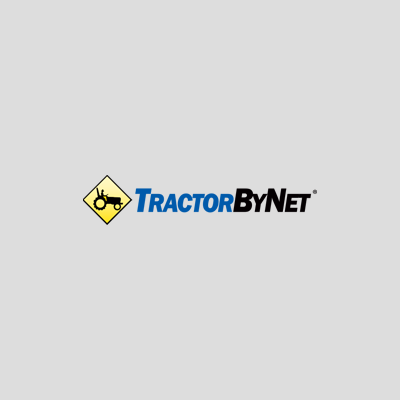OP
Indian Territory
Bronze Member
- Joined
- Feb 23, 2020
- Messages
- 88
- Tractor
- New Holland PowerStar 75
Thanks for all this. Good suggestions.One of the problems we have now is simply the lack of steering control and lateral shifting.
With what width/weight implements in use?
Could tire selection, lack of front weight, or overly wide/heavy implements be creating the steering issues you’ve experienced with the 1,900 pound subcompact tractor you have? ( milkman636 )
Many garden one acre IN GOOD TILTH with 1,900 pound subcompact tractors and patience.
March 1,2020We are turning over acreage that has grown hay for 30 years. The field is flat and even, with a slight south facing slope, with few to no rocks. I am determined to turn the sod using a moldboard plow. The ground is simply too compacted without this step.
Our intention it to plant a 1-2 acre vegetable garden. We may sell some produce for supplemental income.
Plowing one acre of MOIST compacted soil with a single bottom/furrow, 12" wide moldboard plow in good condition and correct plow technique should be within the capability of your 1,900 pound subcompact tractor.
Do you have a mid-mount mower? Is the MMM off?
A PTO powered, forward rotation, 48" - 60" wide roto-tiller is a reasonable choice for smoothing plow furrows in slightly moist soil using a 1,900 pound bare weight tractor.
After year one ground conditioning, a tiller should be adequate for one pass, Spring, slightly moist soil preparation unless the weeds have gotten totally out of control. Alternate tilling direction from one year to the next.
Be sure to have your soil tested, notifying the tester of your intended crop(s).
Our implements are all 4’ wide and down:
—1-bottom, 14-inch moldboard plow with coulter blade and depth gauge wheel.
—Tiller. Forward rotating.
—brush mowever
No MMM
Strangely the things that give us the most trouble are less ground-engaging. Bed shapers, etc.
Our tilts leaves much to be desired, despite our amendments. Very heavy clay, which may well be the real problem.
